An explosion didn’t burn Beirut to the ground – decades of political greed and neglect did
Perhaps if the world paid as much attention to pockets of poverty, inequality and corruption as it does to the spectacle of disasters, Lebanon could have avoided its fate, writes Arianne Shahvisi
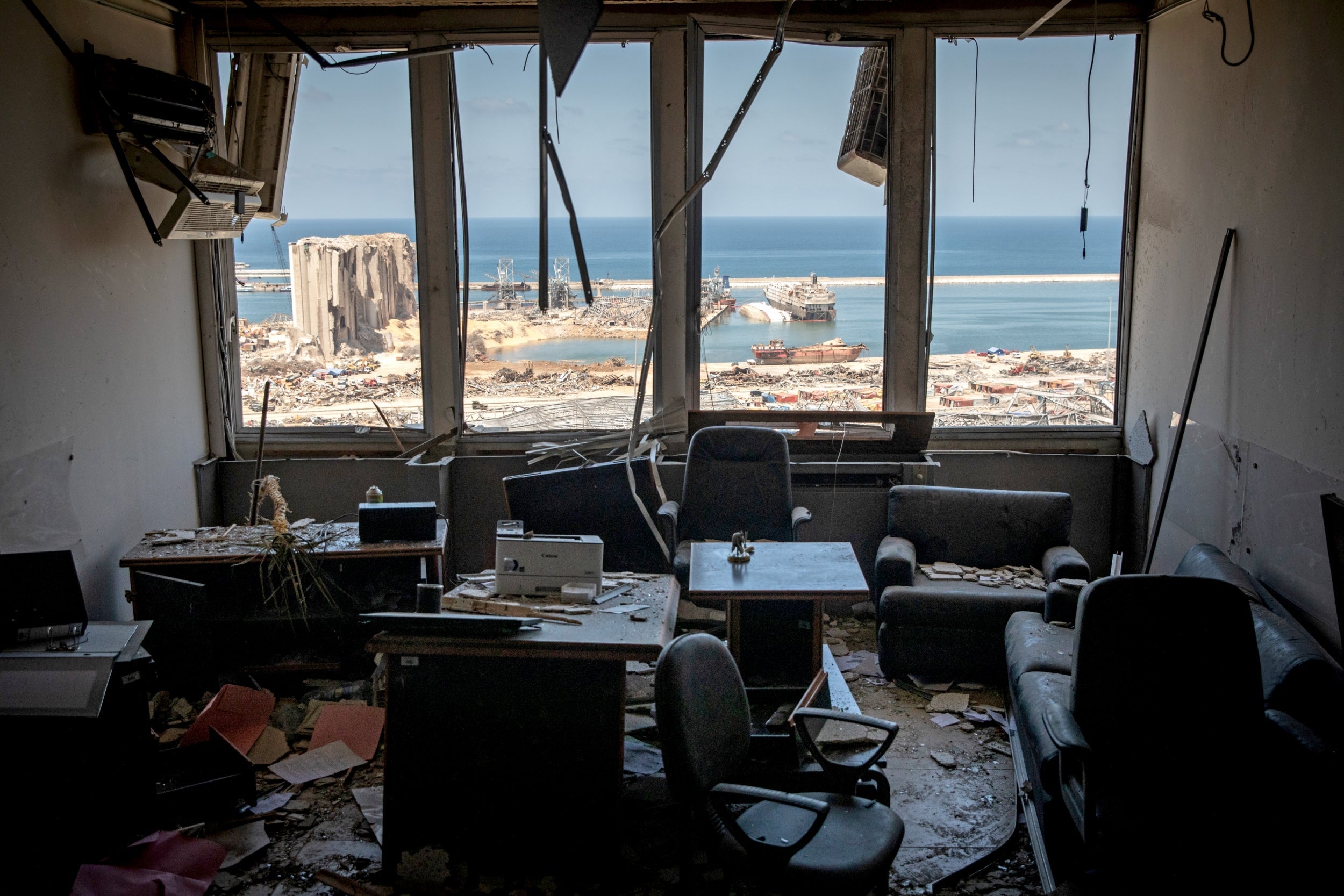
I used to live near a housing development in Cambridge whose completion had been delayed so that half was just a dusty building site. It was known by locals as “Beirut”. In Britain, the Lebanese capital is sometimes used as a synonym for a dangerous, ugly, decrepit urban scene. For me, this has always smarted. As a child, I was affronted by my classmates’ misconceptions about Iran, my father’s homeland. I was sometimes asked why we holidayed in a “war zone”. Our British relatives would call to chide my mother for taking her daughters to a place “where they chop off people’s hands”. She would frown and doodle muscularly on the pad beside the phone.
Iran was not those things, not entirely – or at least, those people had no right to see it that way. There is a special ache in hearing a place you love criticised by those who do not love it. Lebanese poet Hashem Hashem once said: “Beirut is the only heartbreak I’ll ever call home.” Belonging to a troubled place like Iran or Lebanon means being willing to defend it to some and criticise it to others, and to find a way to hold its chimeric reality through the fragments. It means being riven between longing and fury, working always to exist meaningfully in relation to what others fear, vilify or romanticise. It means battling orientalist fantasies and colonial throwbacks as well as the “sh**hole” or “axis of evil” dismissals of the likes of Trump and Bush.
I got my first academic post precisely because of unrest in Beirut. On Monday 10 June 2013, a protestor was shot dead outside the Iranian embassy in Beirut. Later that day, I was offered a job I’d missed out on two months before, the candidate I’d come second to having withdrawn over fears about the country’s stability. I reasoned things were more complicated than that and packed my life into cardboard boxes and shipped them to the port of Beirut.
In one of the first philosophy classes I taught in my new job, I introduced Thomas Hobbes’ “state of nature”: a hypothetical condition of chaos without government or social contract. I read aloud from his 1651 tome Leviathan: “In such a condition there is no place for industry, because the fruit thereof is uncertain, and consequently no culture of the earth, no navigation nor use of the commodities that may be imported by sea, no commodious building, no instruments of moving and removing such things as require much force, no knowledge of the face of the earth; no account of time, no arts, no letters, no society, and, which is worst of all, continual fear and danger of violent death, and the life of man solitary, poor, nasty, brutish, and short.”
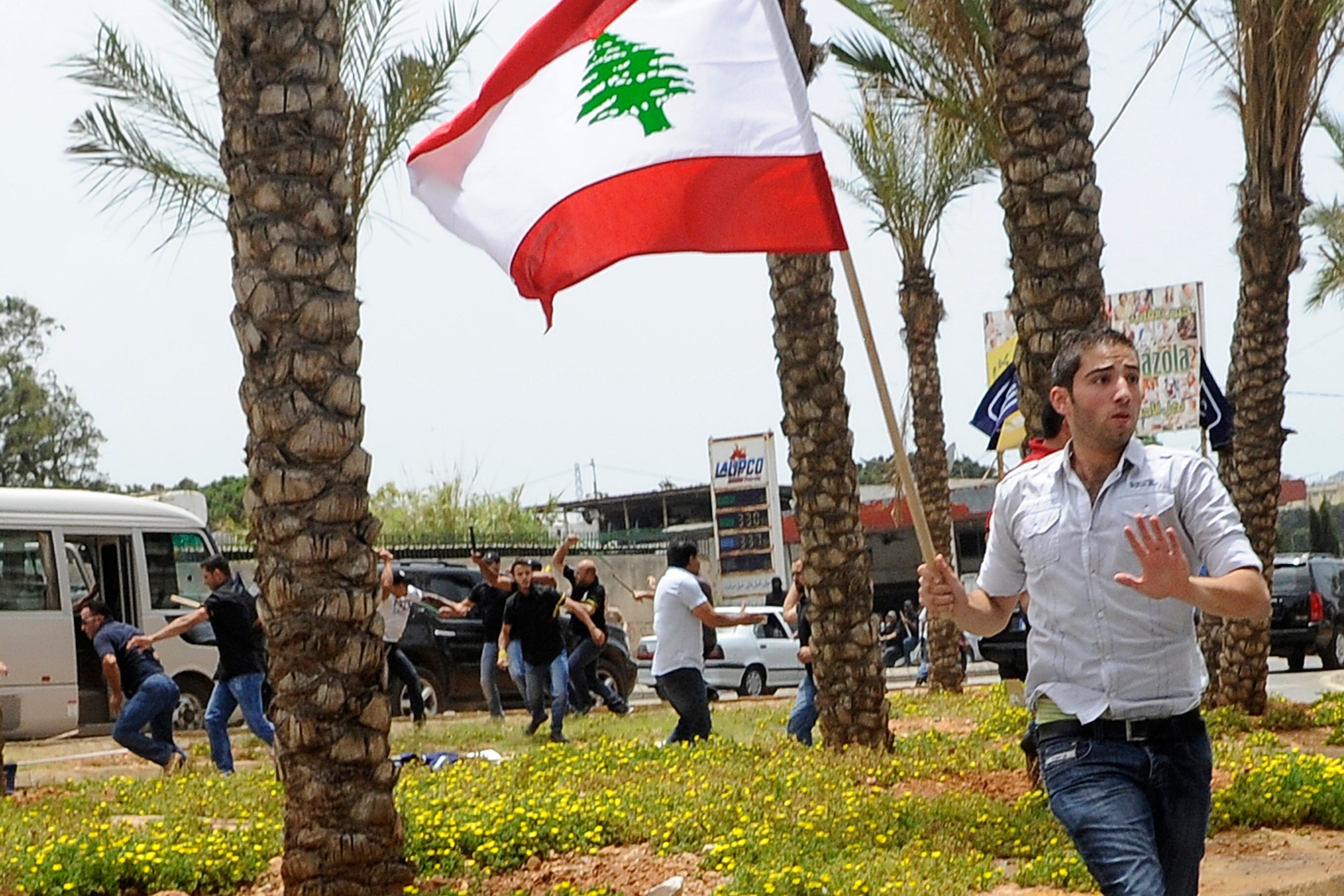
“Just like Lebanon,” one of my students quipped to laughs and nods of recognition. Moments later, as though to underscore the point, the electricity cut out. The classroom darkened and the heat of the city slunk in as we listened to the beep of the standby on the overhead projector, waiting for the generator to kick in and restore the lights and air conditioning. “You see?” he said, his face now lit by his phone. “This is a state of nature.”
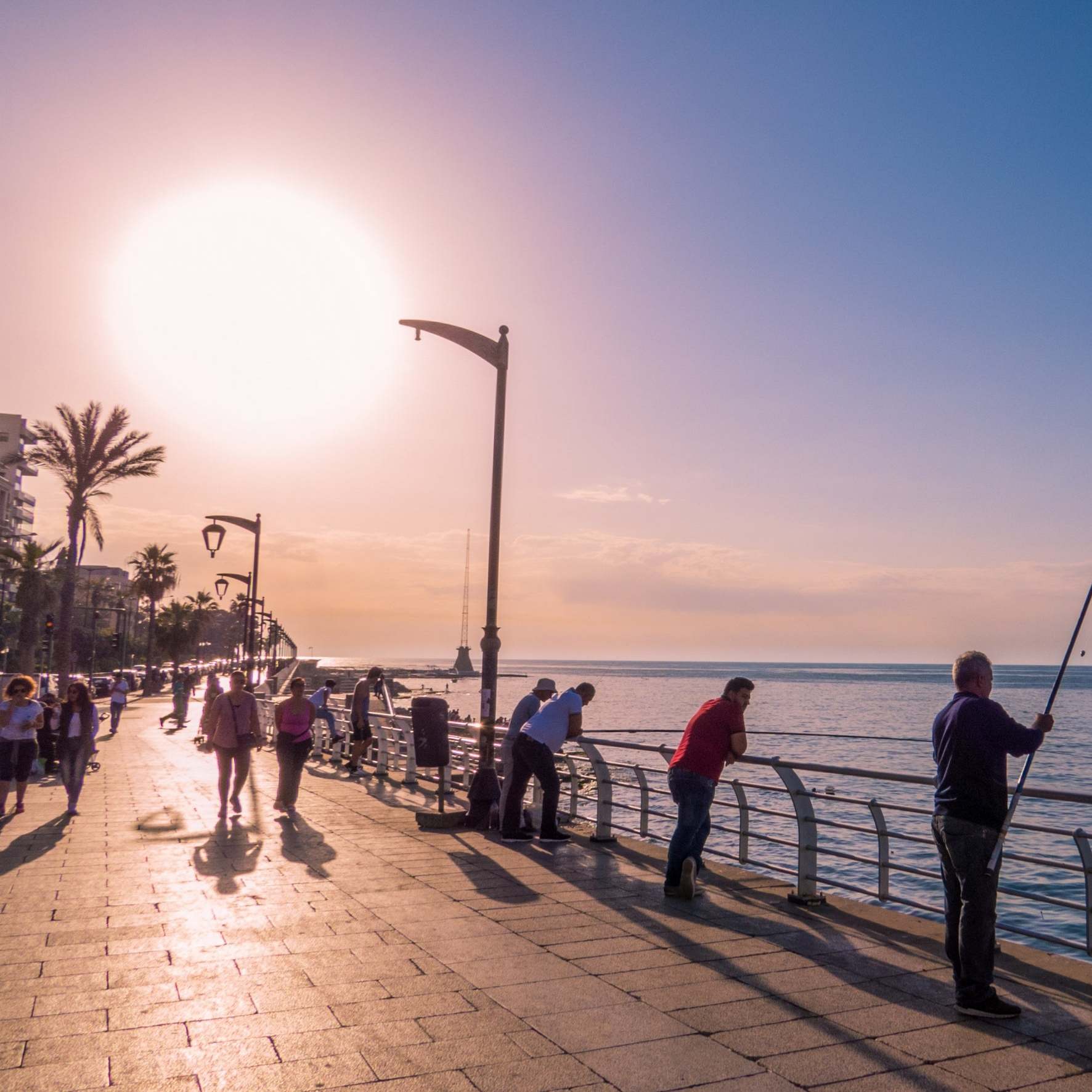
That is one Beirut. Another is the frenzied joyous place with its orange blossom and jasmine, the bright Mediterranean burning the horizon like screwed up foil, hordes of scrawny street cats, the neighbourhood shopkeeper I called Auntie, the custom of thanking people for their work (yatik el afia), the evening hubbub of the Corniche, the faithfulness of recipes, the syrupy mint tea on cafe terraces, the dancing. When acquaintances asked what Lebanon was like, I defensively rattled off all the sickly grovelling cliches the tourist board peddles, finishing with: “It’s not what you imagine.” I didn’t mention the Syrian refugee children hungry and sunburnt in the streets, the barefaced racism, or the migrant domestic workers with no legal protections.
It was October before the freighter containing my belongings docked, and I was told I’d have to bribe the port officials to release my boxes. A Lebanese friend used her wasta (personal connections) to put me in touch with a man who could broker a reasonable payoff. My squashed, half-open packages of shabby cookware and bedding eventually appeared, their value just a fraction of the ransom I’d paid for their release.
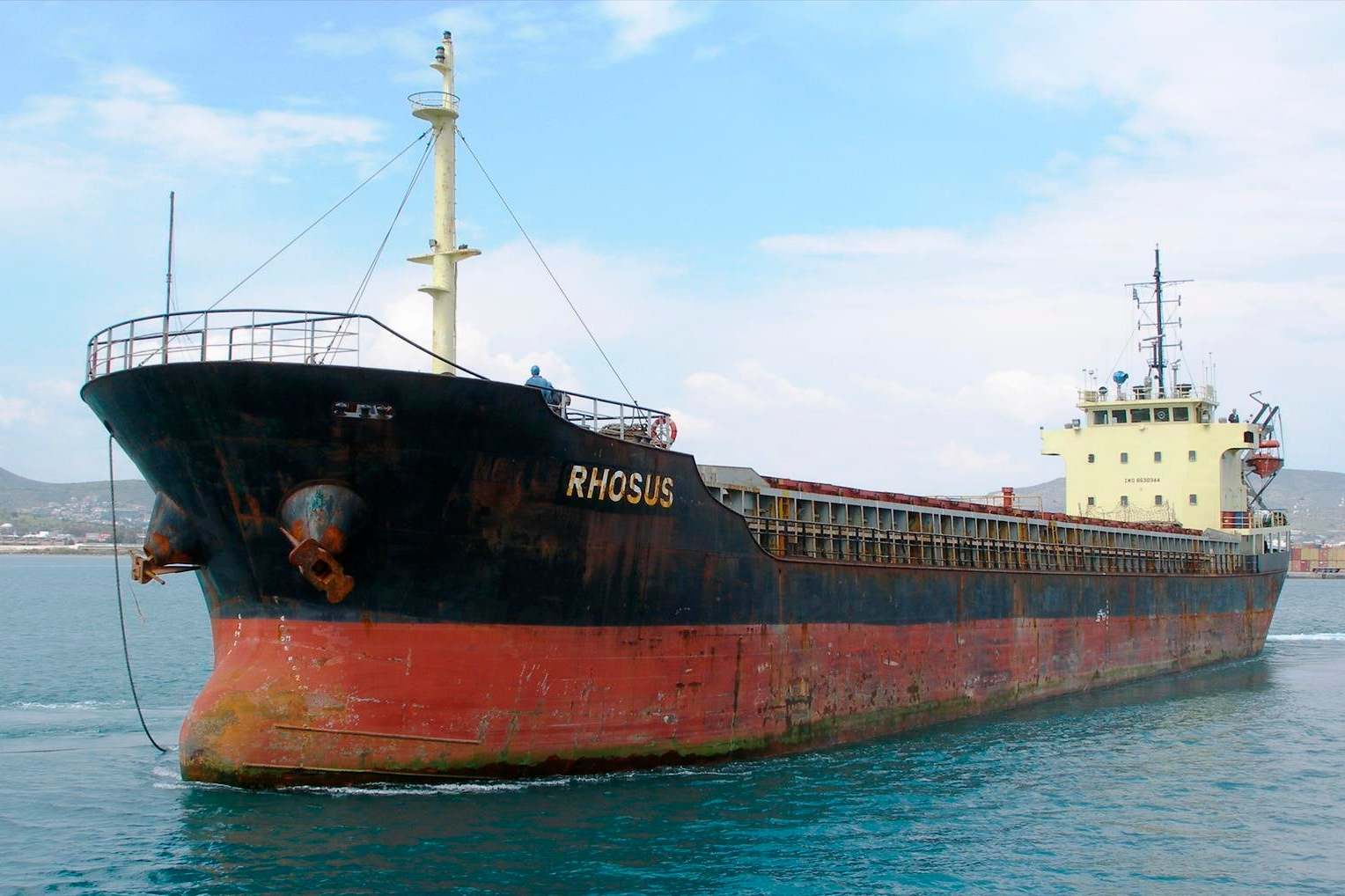
Around the same time, another cargo ship had pulled into the port, the MV Rhosus, which was sailing from Georgia carrying 2,750 tons of ammonium nitrate, destined to blow open landscapes in Mozambique, one of the world’s leading sources of the precious metals from which smartphones and laptops are made. The owner abandoned the ship and absconded, most of the crew were repatriated, and the charterers relinquished the cargo. Four remaining crew were refused disembarkation and were left to languish onboard for a year before being permitted to return home. The cargo was unloaded into a port warehouse, and sat there for six years while customs officials and ministers passed the buck.
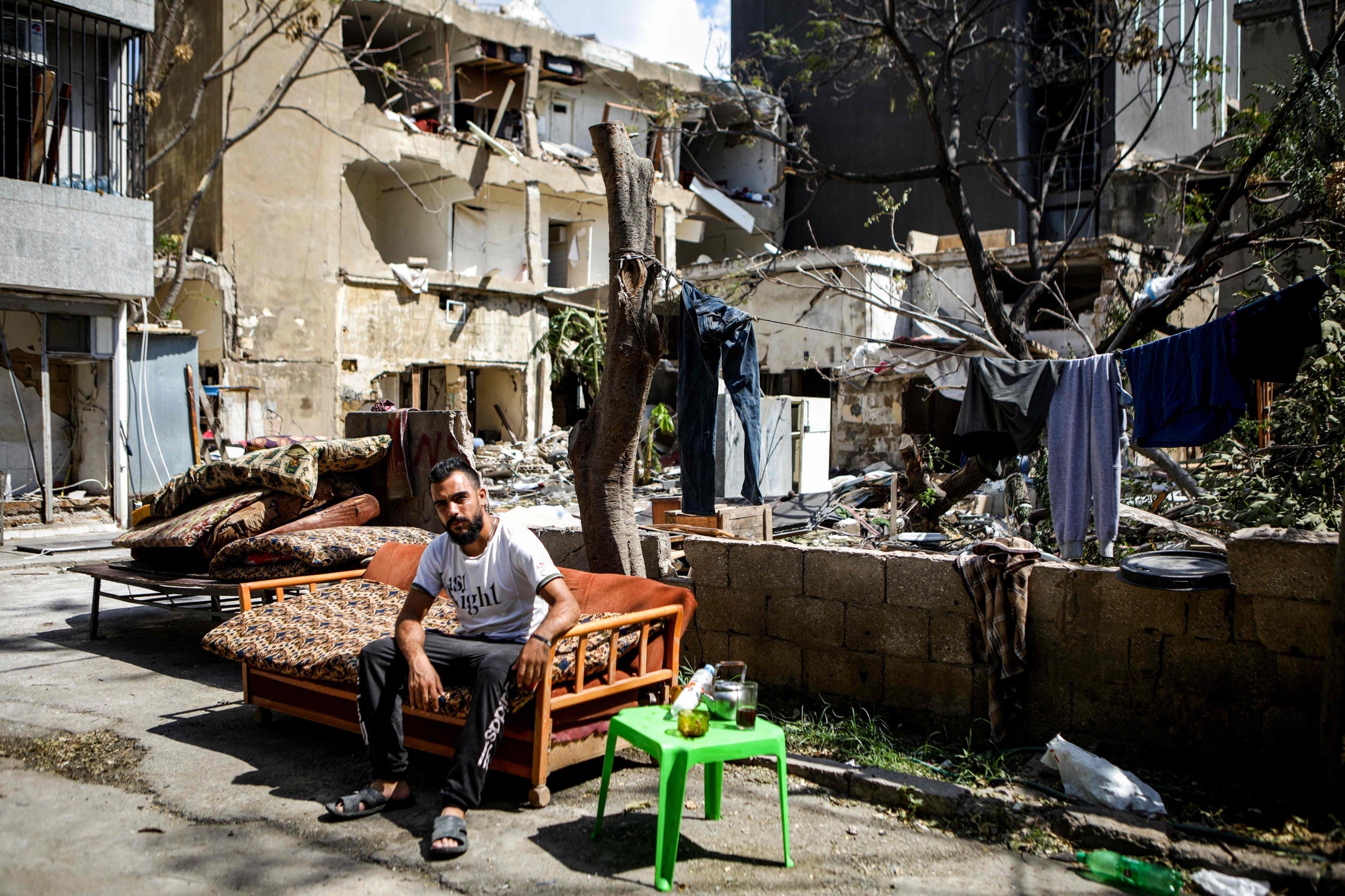
In criminology, the “broken windows theory” posits that visible effects of crime and anti-social behaviour within a city or neighbourhood lead to escalating levels of delinquency. Its authors wrote in The Atlantic in 1982: “If a window in a building is broken and is left unrepaired, all the rest of the windows will soon be broken … one unrepaired broken window is a signal that no one cares, and so breaking more windows costs nothing.” The Beirut explosion is like the broken windows theory in reverse: the brazen theft, corruption and neglect by the government has finally blown out all the windows at once. The signal that no one cares could not be clearer than leaving thousands of tons of volatile explosives within a stone’s throw of a densely inhabited area.
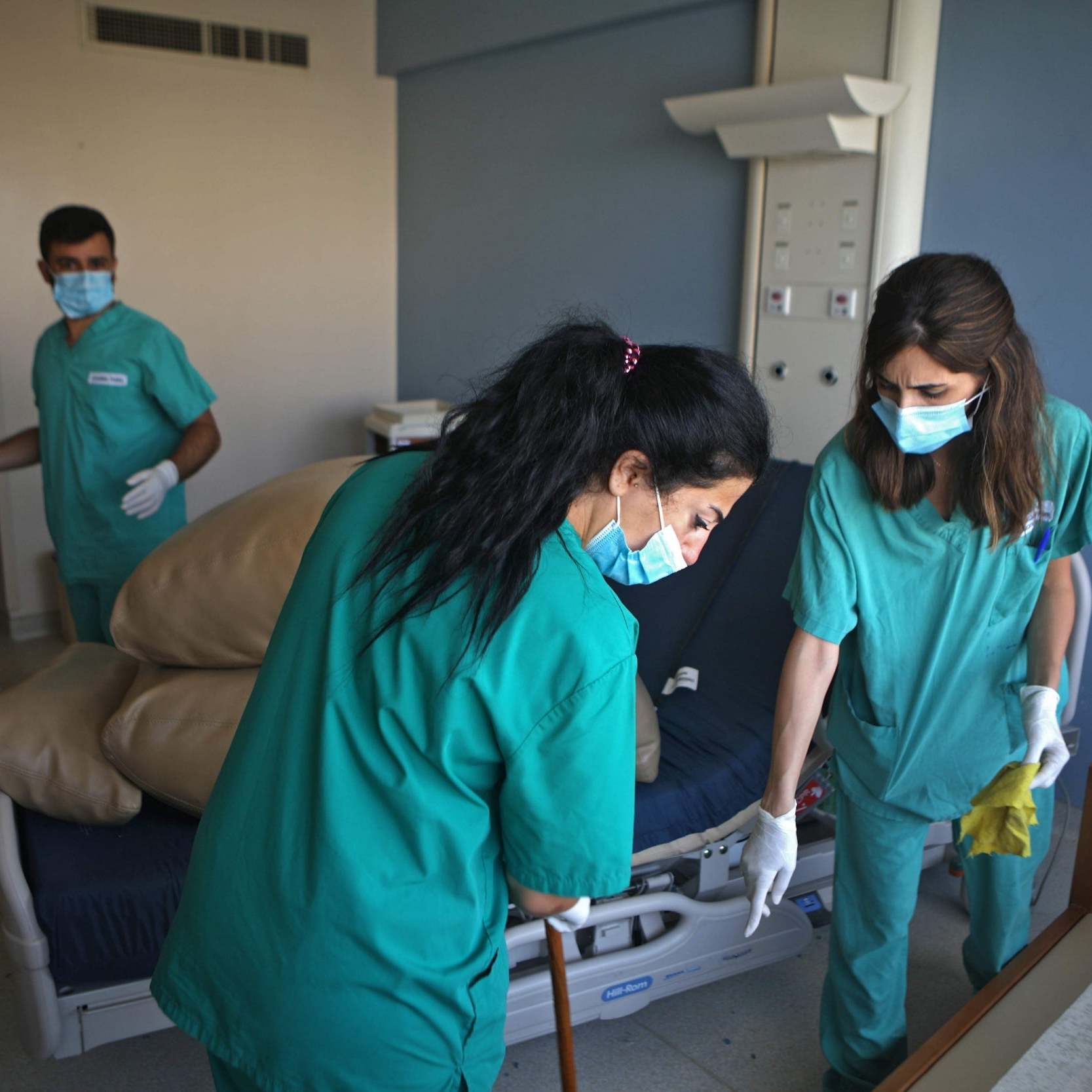
So far, at least, 171 are dead, more than 7,000 are injured, and hundreds of thousands of people are homeless. Dozens of Syrian refugees and migrant domestic workers are still missing and have not been factored into the death toll. The explosion adds serious injury to enduring insult. In the last month, households in Beirut received just four hours of electricity a day. Private diesel generators spewing out pollutants into the already acrid air provide coverage for wealthier households, but even then there are fuel shortages to contend with. The street value of the Lebanese lira is a fifth of its official rate, so that salaries and savings are dwindling as the price of essential goods shoots up. A barter economy has emerged in which clothes and furniture are sold to buy food and infant formula milk. The suicide rate has soared, bins are raided for discarded food, and pharmacies have been ransacked for medicine and nappies. Just a week before the explosion, a Save the Children report revealed that a million people in Beirut were struggling to eat. New infections of Covid-19 are rising at an alarming rate and threaten to overwhelm the health system. The new lockdown that came into effect on Friday is particularly brutal for the 300,000 people whose homes no longer exist.
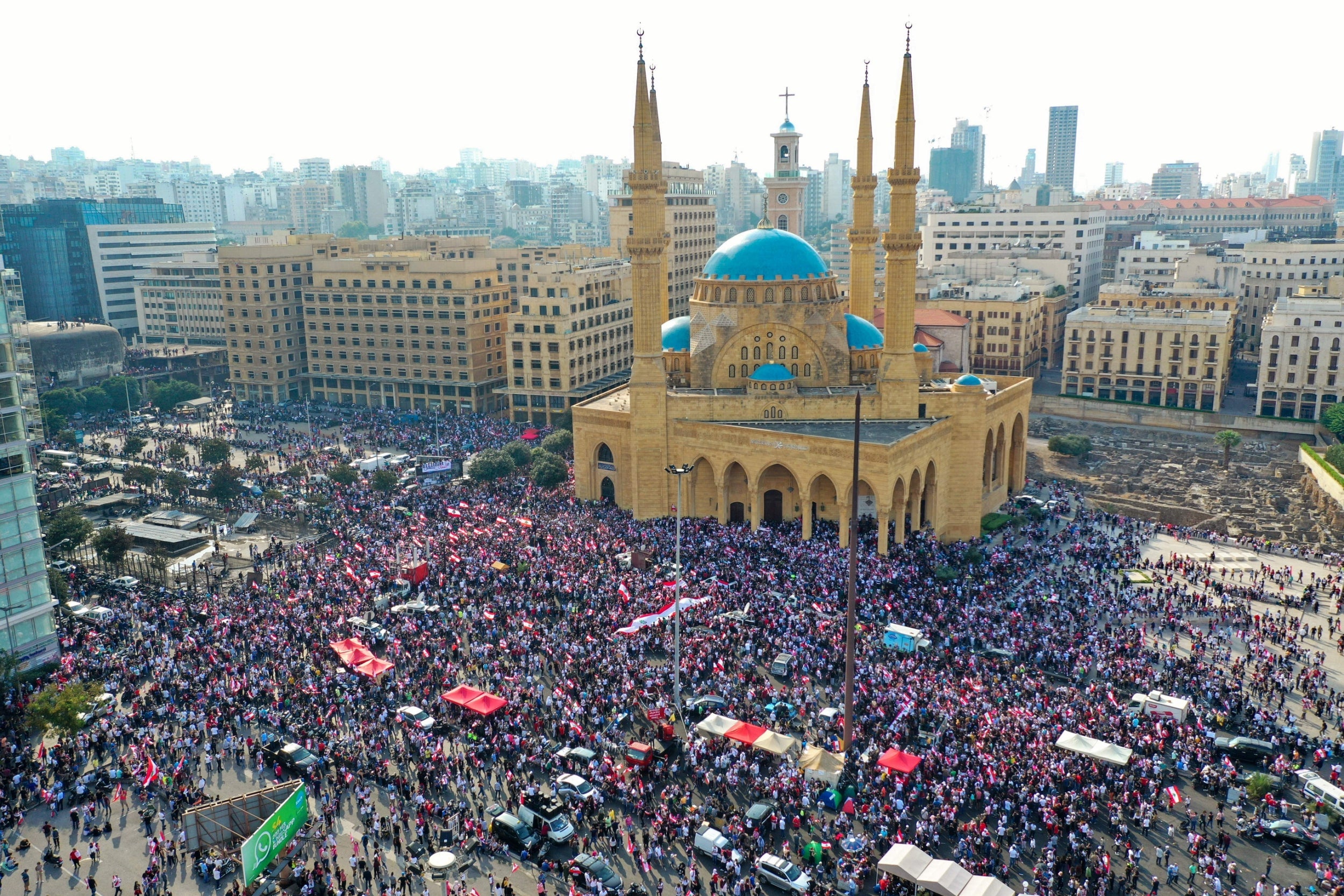
Perhaps if the world took as much interest in the material realities and historical causes of poverty, inequality, corruption and mismanagement as they do in the spectacle of explosions and rubble, Lebanon could have avoided this fate. Well-demarcated disasters are not the only things that deserve our attention, they just look simple and blameless, and allow us to commiserate without destabilising the status quo. There has been an outpouring of compassion and donations following the explosion, with commentators framing the explosion as a terrible calamity befalling an already beleaguered city. But that’s not right. Nowhere is that unlucky.
Lebanon is in ruins because that is the logical endpoint of the greed, machismo and neglect of its political elite, who have presided over decades of poverty, corruption, sectarianism, unemployment, environmental devastation, collapsing infrastructure and privatisation. It is a political system that has its roots in the colonial French Mandate, and has been bolstered by the international community. The bold, hopeful protests of the 2019 “October Revolution”, which saw 2 million people take to the streets, would have benefitted from the visibility and support of those now clamouring to express sympathy. The tendency to see certain places as inevitable sh**holes means that nothing short of catastrophic destruction registers beyond their borders, and even then there’s a desire to cast systemic issues as accidents or misfortune. I’m thinking here of Iran and Mozambique as much as Lebanon.
As it is, Beirut the real, living city has become Beirut the myth, Beirut the slur, Beirut the tragedy. Palestinian writer Jean Said Makdisi said in her 1989 book Beirut Fragments: A War Memoir: “Writing about Beirut, I attached myself to it – for I am not a native Beiruti, but a wandering person – and made it mine, and myself part of it. Now every inch of that shattered city is mine.” As I write, glass still coats the streets of Beirut, its tinkle and crunch cutting through the sour air as it is ground to sand under the anxious soles of those clearing up. The city is in pieces again, but pieces can, by and by, be put back together. There are worse ways to be shattered. “Beirut” refers to a disaster scene in British slang; “shattered” means bone-tired, weary, spent. As Lebanese philosopher Fidaa Chehayeb wrote to me last week: “We will get the house fixed. I don’t know how we will fix our hearts.”
Join our commenting forum
Join thought-provoking conversations, follow other Independent readers and see their replies
Comments